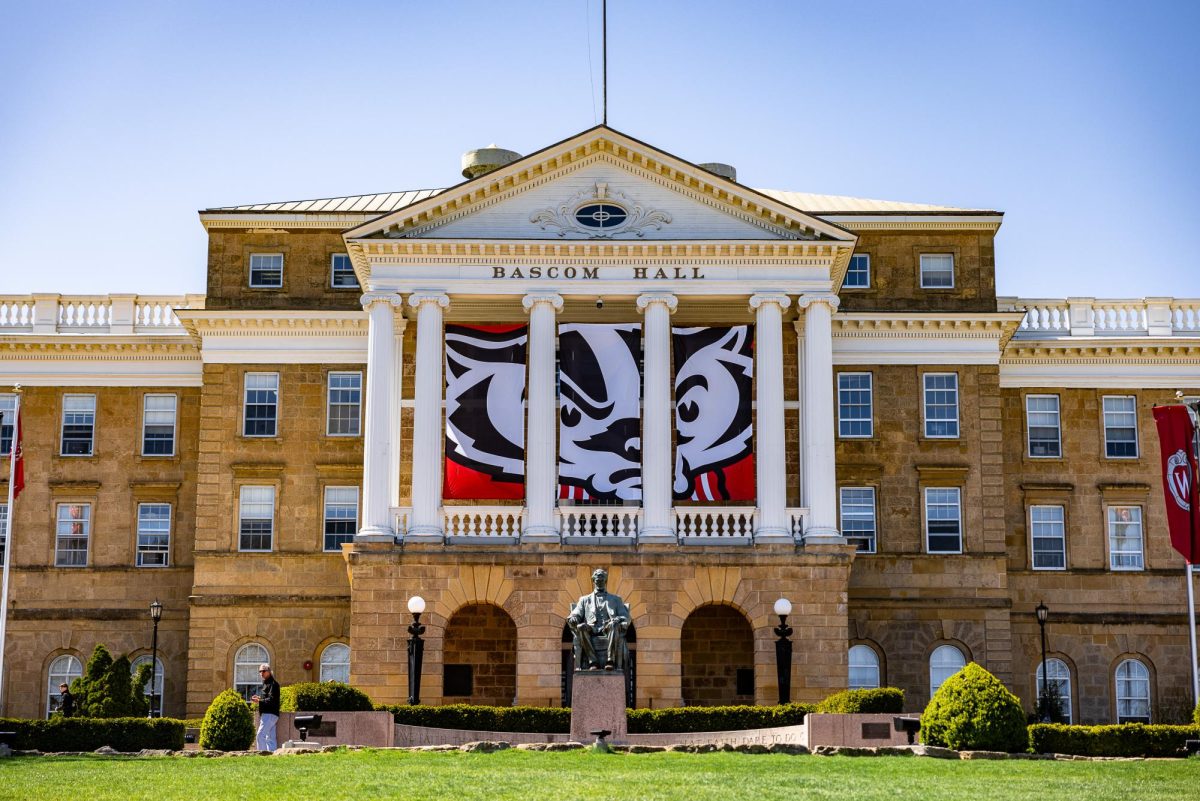After more than a year of vicious and heated debate played out in Washington D.C. and across the media, the United States House of Representatives passed a historic and sweeping set of reforms Sunday to overhaul the nation’s current health care system.
The House technically voted on two separate bills: the Senate health care bill that passed in December and the House’s Reconciliation bill, which would make corrections and changes to the Senate bill. The Reconciliation bill also includes a set of student loan reforms that were lumped in with the bill in hopes of getting a better chance at passing.
Now that both have passed, the Reconciliation bill will head to the Senate for approval, while the Senate Bill will go to President Barack Obama’s office to be signed into law.
The Senate bill would, among other things, prohibit health insurance companies from discriminating against people with pre-existing conditions, cap out-of-pocket expenses for patients and let dependents stay on their parents’ insurance until they are 26-years-old.
The Congressional Budget Office estimates the bill will give coverage to 32 million Americans who are currently uninsured.
According to figures released Saturday by the CBO, the total cost of the new insurance coverage provisions would be about $940 billion over 10 years and would reduce federal deficits by $143 billion through various cuts and cost-saving measures over that time.
Obama has made health care reform one of his key priorities, and has pushed for overhauling the system since he gained office. During the days leading up to the vote, he urged members of both parties to pass the reforms to make sure every American is insured.
“Don’t do it for me. Don’t do it for the Democratic Party. Do it for the American people. They’re the ones who are looking for action right now,” Obama said at a House Democratic Caucus Saturday, according to a White House statement. “We have been debating health care for decades. It has now been debated for a year. It is in your hands.”
Both bills needed 216 votes to pass and outcomes were still uncertain up to the last minute. One of the main worries of the Senate bill’s supporters was securing the votes of anti-abortion Democrats, including Rep. Bart Stupak, D-Mich., who initially opposed the bill because he feared federal money would be used to fund abortions or for insurance covering abortions.
Stupak announced his support of the bill before the vote, however, after a last-minute meeting with White House officials and an agreement with Obama that he would issue an executive order stating that no public funds could be used for abortions.
Although both bills passed, debate up to the final votes was characterized by heated partisanship attacks on both sides.
Republican House members denounced the bill as a government takeover that would lead to massive debt and a troubling expansion of executive power that could take away people’s choices of insurance providers.
“Democrats are thwarting the will of the American people and taking them on a headlong rush towards socialism,” Rep. Geoff Davis, R-Ky., said. “Vote ‘no’ on this bill and start over on real reform that Americans want.”
Democrats responded by praising the bill’s goal of providing insurance for millions of Americans and criticized Republicans for standing in the way of historic legislation.
“Why can’t the American people have access to the same types of insurance that the members of Congress have? No more have and have-nots. No more tax-paying Americans that don’t have health insurance,” Rep. Joe Courtney, D-Conn., said.
The second of the bills passed included reforms to the student loan system. Currently, private loan lenders can get student loans guaranteed or bought up by the government so banks will not be held accountable if a student defaults.
The reforms in the Reconciliation bill would allow the federal government to spend less money buying these loans and put that money toward government-funded Pell Grants. The CBO estimated the elimination of the bank-based system would save $61 billion over 10 years, and $36 million of the savings would go toward Pell Grants.

















